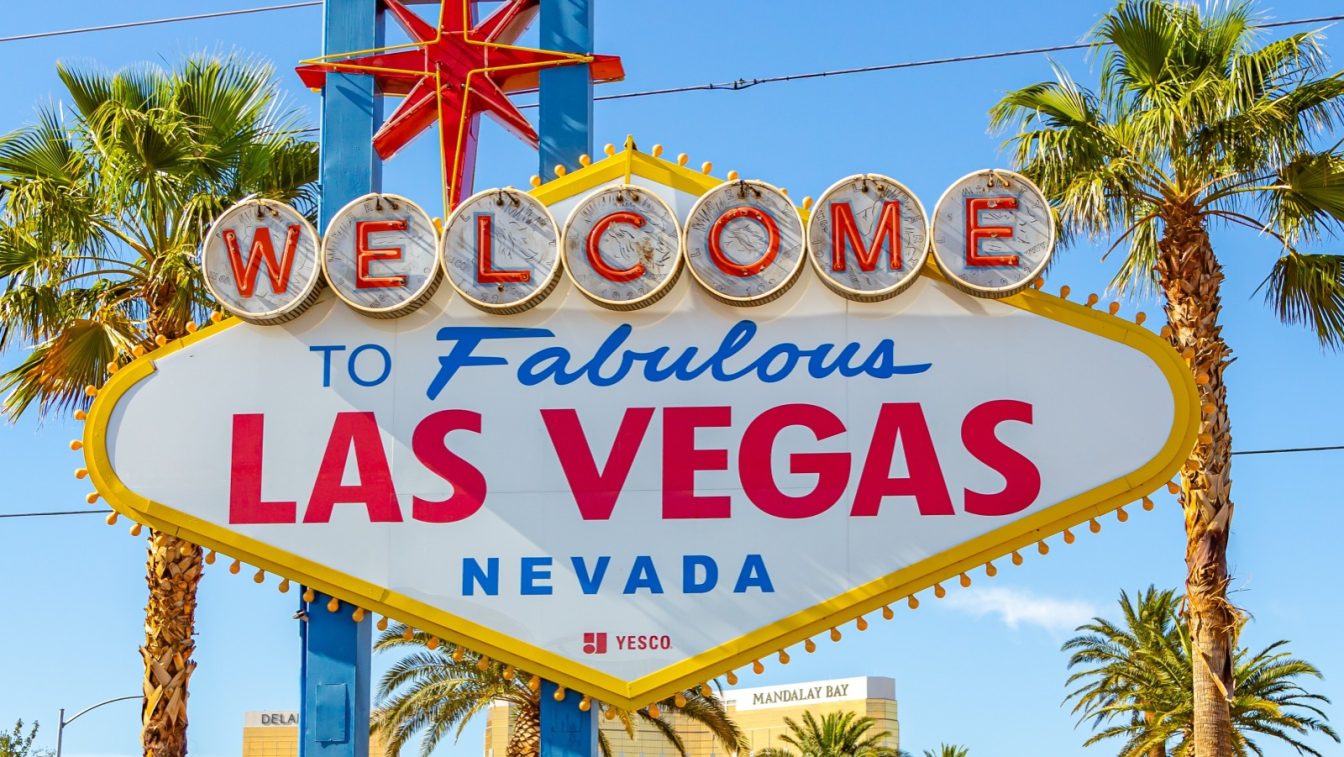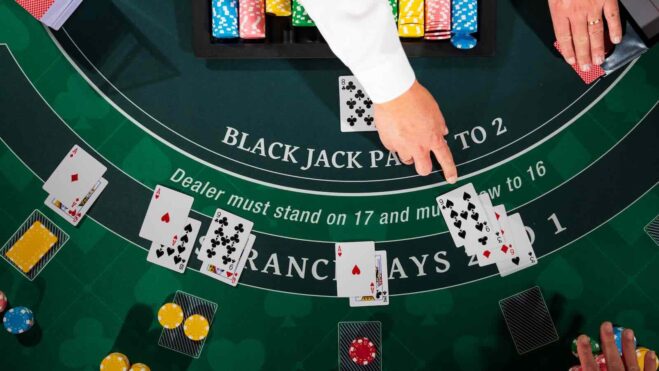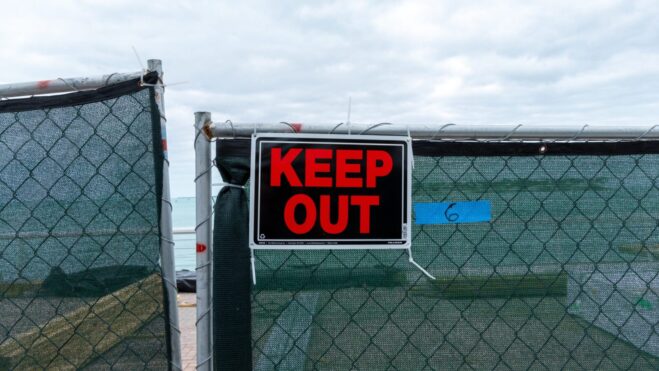Rapper Drake Sued, Accused Of Promoting Illegal Gambling Via Stake Online Casino
Missouri class action suit: The notoriously unsuccessful whale encourages predatory gambling
2 min

A class action suit filed Monday in Missouri claims that Canadian rapper Drake and influencer Adin Ross promote illegal and “predatory” gambling in the state.
The filing, made in Circuit Court in Jackson County, Missouri at Independence includes Stake.com parent company Sweepstakes Limited. The suit was first reported by industry observer Daniel Wallach.
The 34-page complaint claims that Independence, Missouri, resident Justin Killham lost money on Stake because of “wrongful trade practices,” including Stake’s sweepstakes casino being used as a lure. The suit calls online gambling “highly addictive and strictly regulated in Missouri.” It seeks damages to be determined by a jury.
Online gambling is illegal in Missouri, although the mobile and retail sports betting market is set to launch Dec. 1.
John Feldman, a partner in the Entertainment and Media Industry Group at global law firm Reed Smith who counsels on gambling regulatory issues, said the Missouri suit is compelling in that it targets two personalities that differentiate Stake.com from its competitors.
“What I think can be really interesting, and you see this in a couple of cases, is that there could be liability for people who are involved, people who facilitate the sweepstakes casinos,” he told Casino Reports, noting he had not read the Missouri suit. “To me, that is really interesting, whether platforms and/or other parties who may be involved, if there is the potential for platform liability or facilitator liability that is coming up in this area.”
Inside the Drake lawsuit
Lawyers assert in the suit that Drake and Ross have misrepresented their gambling activities on Stake through their voluminous social media posts. Drake’s seven-figure casino and sports betting losses on the Stake platform have become the fodder for online mockery, but have also produced a high level of awareness for the Curacao-based platform, given his musical success and pop culture profile.
Ross gained fame as a Twitch gamer whose online power grew to the point of being granted an interview with, and eventually issuing of an endorsement of, Donald Trump before the 2024 presidential election.
Though Stake has been sued by seven different states this year, this marks the first time Drake has been included.
An excerpt from the suit:
But Drake’s role as Stake’s unofficial mascot is quietly corrosive — he’s glamorizing the platform to millions of impressionable fans, many of whom treat his wild betting habits like gospel. What makes it even more unsettling is that Stake apparently fronts Drake and Ross “house money,” so any reported losses are part of a marketing tactic designed to draw attention. Stake’s influencer marketing, especially through Drake and Ross, is directed among others at teenagers in Missouri and in other states.
The suit cites the platform’s free-to-play “social casino” as a means to entice players, without regard for age, into its Stake Cash system. An excerpt:
Stake’s dual-currency structure transforms what appears to be an innocuous gaming platform into an unregulated online casino where players use real money to gamble on games of chance. Courts throughout the country have found that when players spend money to obtain more “entries” or “bonus currency” despite already possessing unused amounts of the purported product (here, Gold Coins), there is unmistakable evidence that the “sweepstakes” or “promotion” is merely a front for gambling.
Feldman, citing a string of successful multi-million-dollar class action suits against social casinos in Washington, said class action suits may ultimately be more effective than state action in curtailing activity states deem illegal.
“I think that the private lawsuits, maybe even more than the regulatory activity, will have a significant effect because those dollar amounts are going to be much more significant than what a state is going to be able to do from a Unfair Deceptive Acts and Practices (UDAP) statute,” he said.
But, he added, “If they’re not in the country, that’s another whole story. You do have to worry about these UDAP statutes and also the gambling loss recovery statutes that will allow for major, major, major verdicts. That will slow it down.”
Separate from jurisdiction, another impediment for plaintiffs in some of these cases against platform operators has been mandatory arbitration clauses, requiring dispute resolution through mediation, not the court system.






